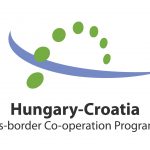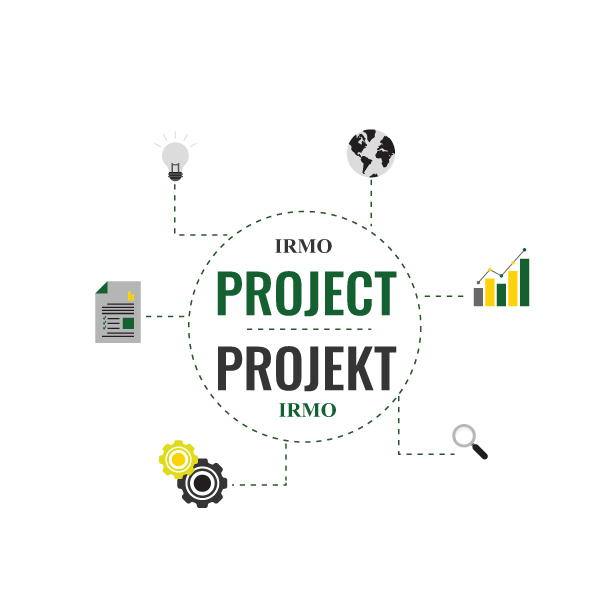Conference date and venue: 15 December 2011, Westin Hotel Zagreb
Organizers: Institute for Development and International Relations (IRMO) and Friedrich Ebert Stiftung
In cooperation with: Corvinus University, Budapest and the European Movement in Serbia
Team leader: Višnja Samardžija, PhD
About this conference:
The purpose of this conference held on the 15 December 2011 was to assess the Danube Strategy as potential facilitator of increased cooperation between three countries in the middle Danubian basin: Croatia, Hungary and Serbia. Namely, although the Danube Strategy is essentially integrative framework embracing fourteen different countries and involving cross-border, trans-national and inter-regional cooperation strands, it also yields opportunity for intensification of ties among neighbouring countries that can constitute clusters or groupings of countries. Those are countries that share particularly similar challenges and socio-economic characteristics and where territorial proximity should additionally spur synergy and cooperation among them, facilitating implementation of mutual projects, steering economic dynamism and enhancing their competitiveness in general. Therefore, Croatia, Hungary and Serbia can harness opportunities offered by the Danube Strategy by deepening economic ties, intensifying mutual trade and embarking on projects in the fields of energy, transport, environmental protection or tourism. Conference also stressed the importance of existing cross-border and transnational cooperation programmes in which three countries jointly participate as they are one of the building blocks for the Danube Strategy’s successful implementation. Still, in order to fully utilize available resources as envisaged by the Danube Strategy, it is of vast importance to upgrade administrative capabilities, especially at the local and regional tiers of governments and involve variety of societal actors in the preparation and implementation of projects. Therefore, conference also stressed the need to raise public awareness among different stakeholders about all the possibilities offered by the Danube Strategy and stressed necessity for active involvement of the sub-state actors and civil society organizations in Croatia for the Strategy’s accomplishment.
LINK
International Conference “Danube Strategy – An Impetus for Strengthening Regional Cooperation between Croatia, Hungary and Serbia”






